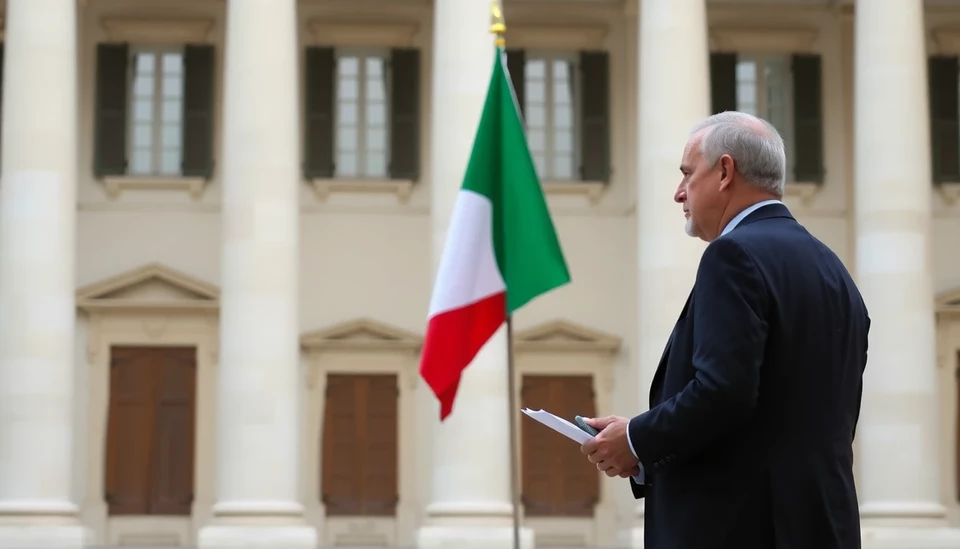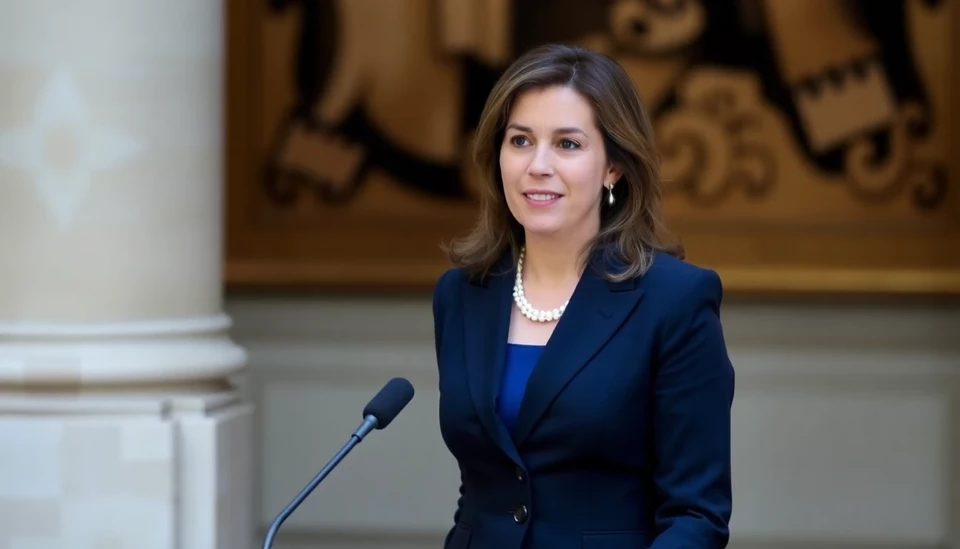
As Italy approaches a critical deadline for its national budget, officials are scrambling to identify new revenue sources to address a growing financial imbalance. Prime Minister Giorgia Meloni's administration is under increasing pressure to balance economic stability with social welfare commitments while grappling with shifting European Union fiscal rules.
The urgency stems from a combination of factors, including rising interest rates, inflationary pressures, and the ongoing need for post-pandemic recovery efforts. Meloni, who has taken a hardline approach to fiscal policy since taking office, is now faced with the challenge of reconciling her party's commitments with the practical demand for financial sustainability.
Several key revisions are on the table as the government seeks to bridge the funding gap. Initial discussions have centered on a potential increase in taxes on high earners and corporations. This move, while politically contentious, could prove essential in generating additional revenue necessary for funding public services and investments aimed at revitalizing the economy.
Moreover, Italy's economic performance has been uneven, with growth forecasts often falling short of earlier predictions. Current reports indicate that the Italian economy is expected to grow at a slower pace than other major EU economies, putting more strain on government resources. Budget estimates must also factor in rising costs associated with energy and food, significantly affecting lower-income households.
Critics of Meloni's administration argue that reliance on short-term measures like tax increases could stifle economic growth and hurt public sentiment. They assert that the government should prioritize efficiency measures and tackle public spending inefficiencies instead. Additionally, there are calls for targeted support for vulnerable populations to mitigate the impact of rising costs on consumers.
The impending deadline brings renewed attention to Italy's relationship with the EU, especially concerning fiscal rules. Recent discussions have highlighted a need for flexibility within the EU regarding member states' budgetary plans, which, if granted, could provide Italy with the leeway needed to implement its fiscal strategies without harsh repercussions. This delicate balancing act remains crucial as government officials navigate their commitments both domestically and within the larger European framework.
As the clock ticks down, Meloni's administration must galvanize support not only among lawmakers but also among the Italian populace, which has shown signs of frustration over economic conditions. How the government proceeds could set the tone for Italy's financial stability and public satisfaction moving forward.
A consensus within the coalition government is increasingly necessary, and any discord could jeopardize the passing of the budget. As various factions within the government voice their concerns and priorities, the Prime Minister is tasked with delivering a coherent and executable budget plan that addresses these multifaceted challenges.
In summary, the Italian government's race against the clock to secure new funding avenues demonstrates the intricate interplay between economics and politics, as well as the ongoing struggle to provide for citizens in a challenging landscape.
#ItalyBudget #GiorgiaMeloni #EconomicPolicy #TaxReform #EuropeanUnion #Finance #Revenues #PublicSpending
Author: Daniel Foster
